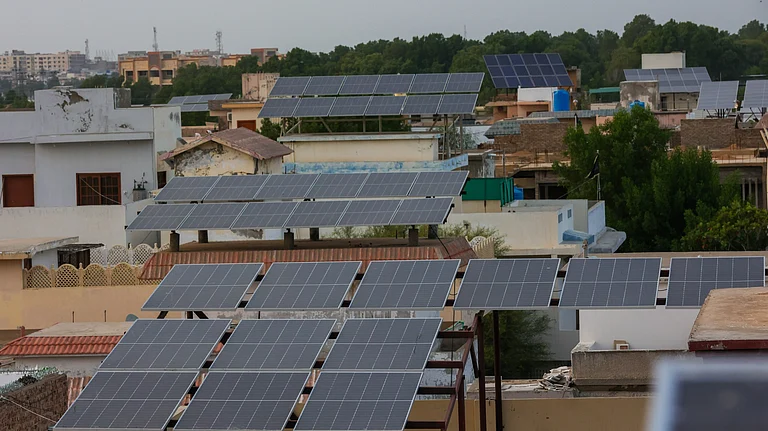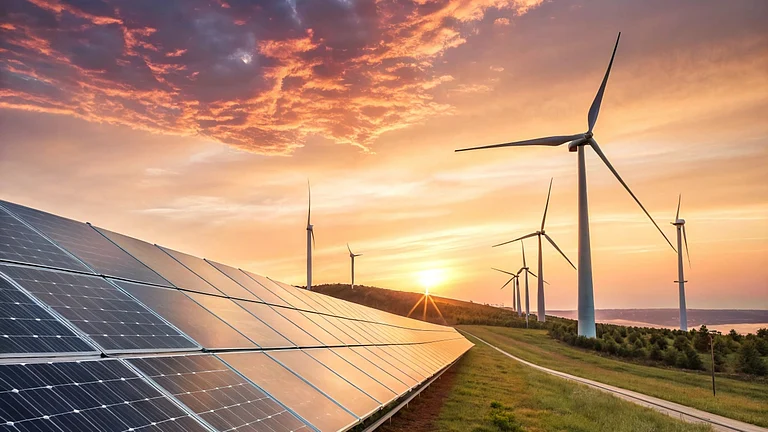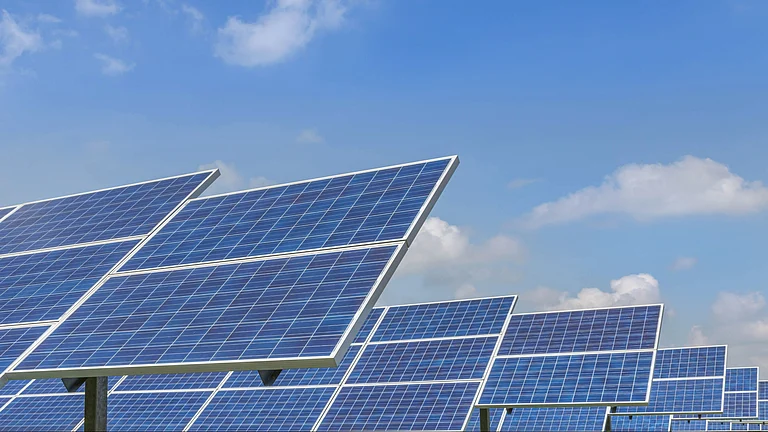Airbus CEO Guillaume Faury mentioned that the aviation industry is likely to miss its carbon emissions target by 2050. Speaking at a sustainable event on Monday, the airplane manufacturer’s head said the company is working on building aircraft that is hydrogen-powered but presently it’s commercially impossible to make them at scale. Faury also added that no regulatory framework is in place currently, which is another reason why the aviation industry has chances of lagging behind its carbon emission goal, according to Bloomberg.
“I don’t think we are wrong to pursue net zero by 2050...Maybe it’s going to take a bit more time, but let’s not be shy in the ambition,” said the aircraft maker’s CEO, according to the Bloomberg report. “We would be wrong to be right too early. The time is not right,” he added.
He highlighted that in order to meet the net-zero target by 2050, the aviation sector has two foundational requirements, i.e. use of sustainable fuels in the currently used aircraft and the production of new designs like hydrogen-powered planes.
Airbus ZEROe Project
According to the International Energy Agency, the aviation sector contributes nearly 2.5% of carbon emissions globally. To decarbonise the sector, Airbus announced to produce hydrogen-powered planes under its ZEROe project by 2035.
“We are working to deliver on our ambition to bring our first hydrogen-powered commercial aircraft to market,” said Airbus on its website.
But earlier in February this year, the aircraft maker said production of hydrogen-powered aircraft is likely to get delayed beyond the set timeline, mainly due to a lack of confidence in the infrastructure.
“Analysis of the landscape and of progress has shown that a lot of projects have been put on the back burner, have been delayed or are of lesser importance than what was expected five years ago,” Airbus CEO had earlier told the Sustainability Magazine.
To mitigate the emissions, he suggested the use of Sustainable Aviation Fuels (SAFs) as an interim solution. According to the international air transport association (IATA) estimation, SAF could help in reducing carbon emissions by nearly 65% to meet the 2050 target.
































